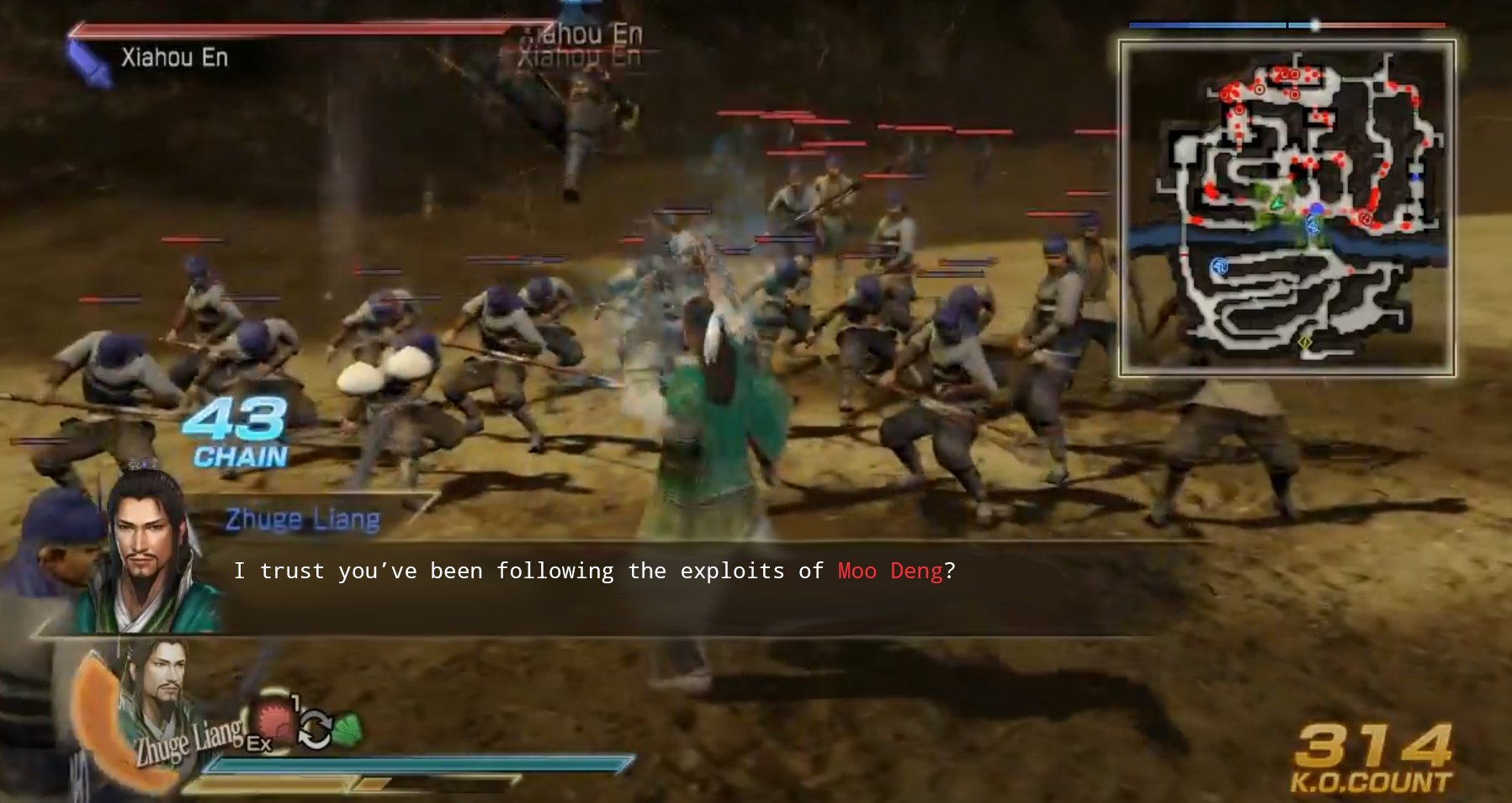I would do a longer thing about this but I am limited on time currently all I will say is that Robert Conquest is widely discredited by actual historians and after the Soviet Union fell and the Archives were opened he himself had to walk back stuff he wrote before that time because the amount of evidence was so overwhelmingly against him.
I will also mention that Robert Conquest worked for MI6 for several years as an anti-communist propagandist and despite seeming like a historian does not have a degree in sovietology or history or a related field and heavily grabbed from a proven MI6 outlet the Information Research Department, pretty much anything Conquest wrote should be seen through the lense of him being a anti-communist conservative at best and huge reactionary at worst. The guy literally though that the Church of England was left-wing, if he were around today he'd call it woke.
A lot of his sources are interviews and reports from the IRD or journalists quoting the IRD which again most historians now go and say 'What are you doing we have primary sources now why are you quoting dubious things', well they would if he wasn't dead. So Robert Conquest is not to be taken serious and was not a serious man.
Edit:
Citing from the same book again.
Our study of the famine has led us to very different conclusions from Dr Conquest’s. He holds that Stalin ‘wanted a famine’,142 that ‘the Soviets did not want the famine to be coped with successfully’,143 and that the Ukrainian famine was ‘deliberately inflicted for its own sake’.144 This leads him to the sweeping conclusion: ‘The main lesson seems to be that the Communist ideology provided the motivation for an unprecedented massacre of men, women and children.’145 We do not at all absolve Stalin from responsibility for the famine. His policies towards the peasants were ruthless and brutal. But the story which has emerged in this book is of a Soviet leadership which was struggling with a famine crisis which had been caused partly by their wrongheaded policies, but was unexpected and undesirable. The background to the famine is not simply that Soviet agricultural policies were derived from Bolshevik ideology, though ideology played its part. They were also shaped by the Russian pre-revolutionary past, the experiences of the civil war, the international situation, the intransigeant circumstances of geography and the weather, and the modus operandi of the Soviet system as it was established under Stalin. They were formulated by men with little formal education and limited knowledge of agriculture. Above all, they were a consequence of the decision to industrialise this peasant country at breakneck speed.
And
It is regrettable that many of the advocates of the genocide thesis continue to claim Conquest to justify their position, despite his clearly expressed views on this matter. See the Harvard Ukrainian Research Institute Conference on Holodomor on November 18, 2008, http://www.huri.harvard.edu/na/2008_11_17-18_famine_conf/2008_11_18_werth-graziosi-flier.html (accessed May 18, 2009). At the conference Nicolas Werth was asked by a participant in the conference, who had attended a lecture given by Wheatcroft, whether Conquest accepted the view that the famine was genocide. Werth strangely replied that ‘we all know in scientific circles the very complicated relations between Conquest and Wheatcroft’; he repeated this several times, but declined to reply to the question. Kul’chitskii more straightforwardly has explained that in June 2006 a Ukrainian delegation of experts on the Holocaust and the Golodomor met Robert Conquest in Stanford University and enquired about his views, and were told directly by him that he preferred not to use the term genocide (Kul’chitskii (2007), 176).
Edit edit:
I thought it was obvious but that was stupid. Nicolas Werth was one of the authors of the Black Book of Communism which is it's own topic which I won't go into but I think should make my point that Nicolas Werth is not a fan of communism who wants to mischaracterize Conquest.










Yo dawg why are you just blatently ignoring all the shit I quoted and just spout new wrong stuff? That I even explicitly have quotes for like the genocide thing. Also many historians like who. Some weirdo super conservatives? Is that why they aren't named? Your shit reads like a wiki article that you are quote mining so put in some more effort.